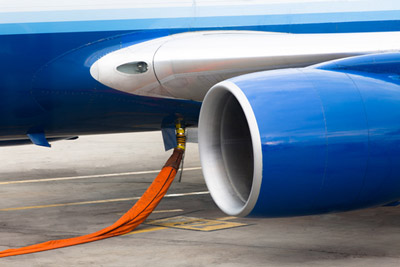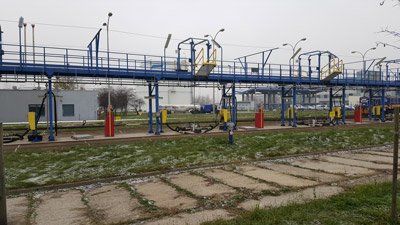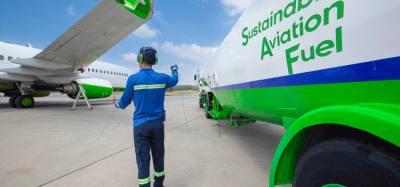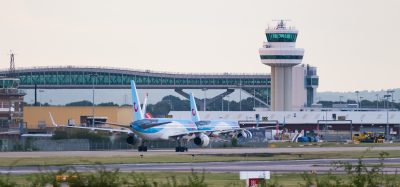Warsaw Chopin Airport constructs railway fuel terminal
- Like
- Digg
- Del
- Tumblr
- VKontakte
- Buffer
- Love This
- Odnoklassniki
- Meneame
- Blogger
- Amazon
- Yahoo Mail
- Gmail
- AOL
- Newsvine
- HackerNews
- Evernote
- MySpace
- Mail.ru
- Viadeo
- Line
- Comments
- Yummly
- SMS
- Viber
- Telegram
- Subscribe
- Skype
- Facebook Messenger
- Kakao
- LiveJournal
- Yammer
- Edgar
- Fintel
- Mix
- Instapaper
- Copy Link
Posted: 30 November 2015 | Katie Sadler, Digital Content Producer, International Airport Review | No comments yet
Warsaw Chopin Airport has begun construction on a new railway fuel terminal designed to transform the delivery of fuel to the airport and open up the market to all suppliers. In order to transform Chopin Airport’s fuel supply model, operator Polish Airports has selected KB Pomerania to construct a 38 million zł railway fuel terminal […]


Warsaw Chopin Airport has begun construction on a new railway fuel terminal designed to transform the delivery of fuel to the airport and open up the market to all suppliers.


In order to transform Chopin Airport’s fuel supply model, operator Polish Airports has selected KB Pomerania to construct a 38 million zł railway fuel terminal on land leased by the PKP (Polish State Railways). Currently four suppliers operate delivery of fuel to the airport; they include Petrolot (a subsidiary of PKN Orlen), Shell Aviation, a Lotus Air BP consortium and a Lithuanian company Baltic Ground Services. Only Petrolot has a warehouse base at the airport, to which the fuel is supplied by rail. Other suppliers use the Petrolot infrastructure or deliver their fuel to the airport with their own tank trucks.
Warsaw Chopin Airport 38 million zł railway fuel terminal due for completion end of 2016
The new railway fuel terminal will include a special unloading installation where fuel will be pumped out from tank carriages into existing Petrolot warehouses via a 1.5 km long underground pipeline.


Existing railway fuel terminal at Warsaw Chopin Airport owned and operated by Petrolot.
Michal Nowotny, Chief Financial Officer at Polish Airports said: “Installations will be fully operational in the second half of 2016, after the end of the launching period. Then the new model of fuel supply will be in force. Centralised infrastructure will improve the fuel supply in terms of logistics, as well as allow the opening of the market for all the interested suppliers on an equal right”
All the suppliers will have access to the new infrastructure at a flat rate price. Companies will compete among themselves by providing the lowest price and the best quality of service to airlines.
“We hope that the opening of the market will increase competition and ultimately lower the prices of fuel sold at Chopin Airport. In the long run, this may also mean lower prices of air tickets from Warsaw,” says Michael Nowotny.

















